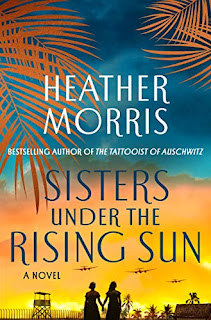Another satisfyingly complex Blanchard mystery.
Ursula Blanchard's life continues to be a maelstrom of activity. Garnering the occasional involvement in state secrets, heinous crimes of murder, advice to her sister Queen Elizabeth, all offset around the normal pace of life and country living. Ursula is always moving between the Queen's court, her Surrey home at Hawkswood, her second Withysham, which was in Sussex and visiting other places when called to by Lord Cecil, the Queen's treasurer or Francis Walsingham, the Queen's Secretary of State. Accompanied always by her devoted serving woman Dale and Brockley her loyal manservant and Dale's husband.
A letter from Cecil takes Ursula back to court and to her sister's side. Elizabeth is contemplating marriage with French royalty, Francis, the Duke of Alençon, a man twenty years her junior. A stormy contemplation. Elizabeth is fearful and worried, beset by fears of what marriage means for her, the physical intimacy, the fear of childbirth and how such a marriage might effect her kingdom.
Opening with the search for a missing boy in July 1579, the thread of that missing child becomes woven into seemingly unconnected happenings and meetings that have no discernible connection to the Elizabethan court intrigues. Ursula is called to a distraught friend's home. Her husband, missing thirty years has reappeared. The reunion is not pleasant!
At court Ursula becomes involved in a poisoning and the ructions around Elizabeth's view to marrying. Many are against it. Alençon is Catholic and this is making many at court nervous. Deaths draw the threads together in the most unlooked for places.
Ursula suspects, as she reflects at the beginning, that as she's been told by others, she's "a natural adventuress, that responds to the call of mysterious and secretive tasks as wild geese take wing in response to each other’s haunting calls." Sometimes Ursula should ignore the call!
A NetGalley ARC
****




Comments
Post a Comment